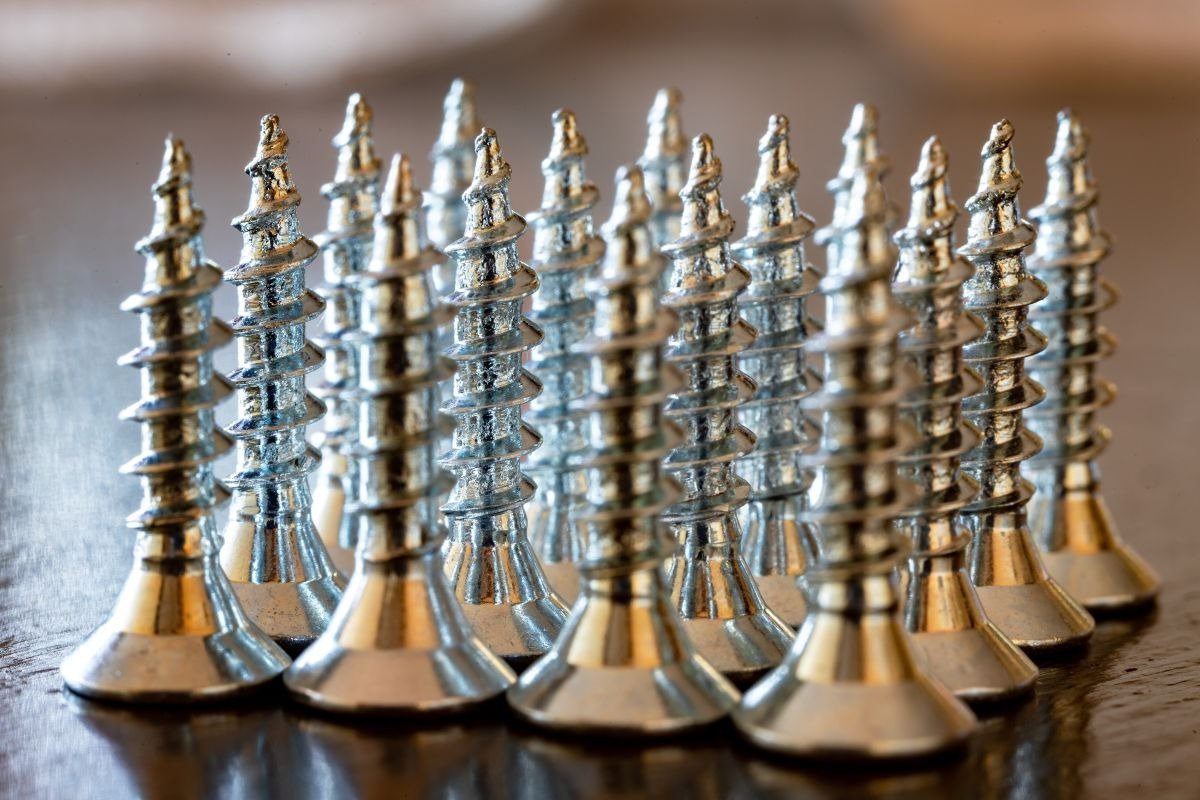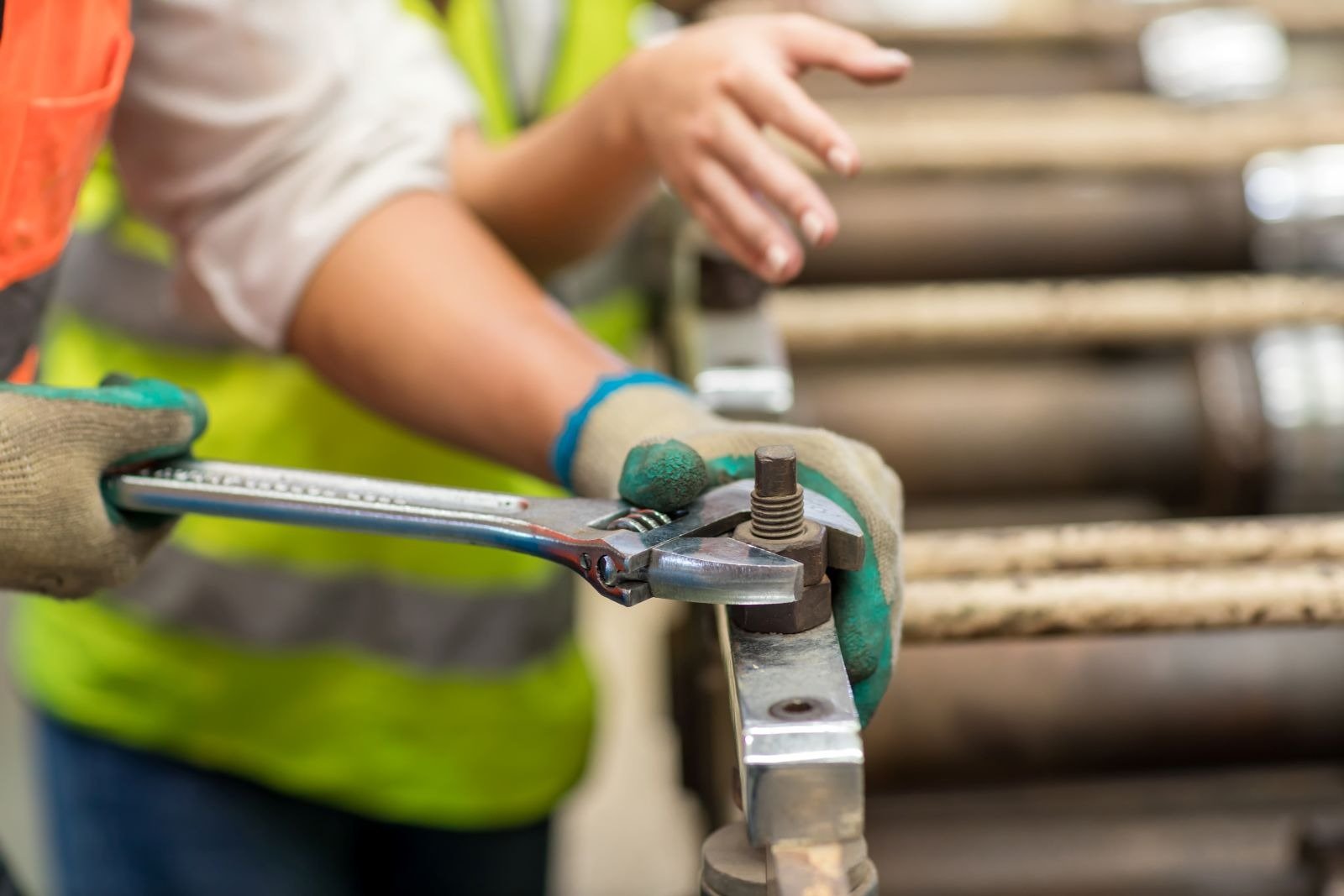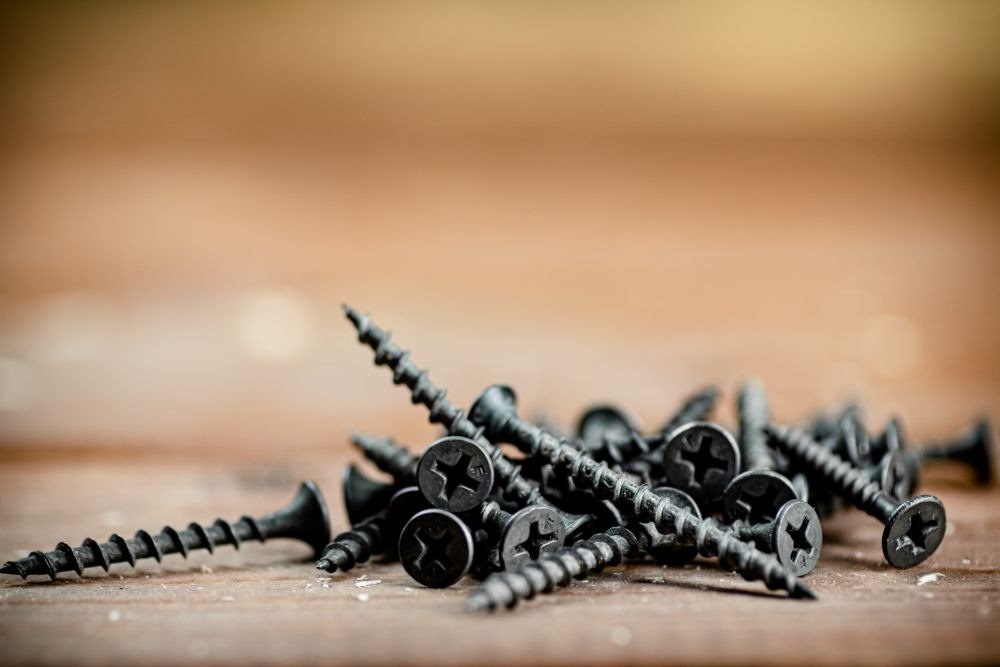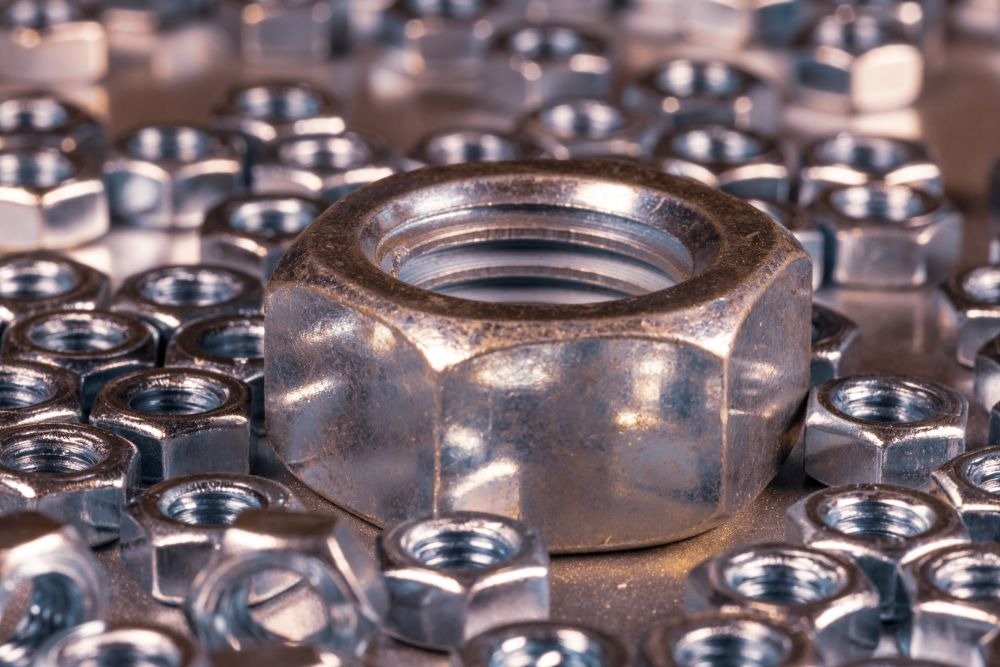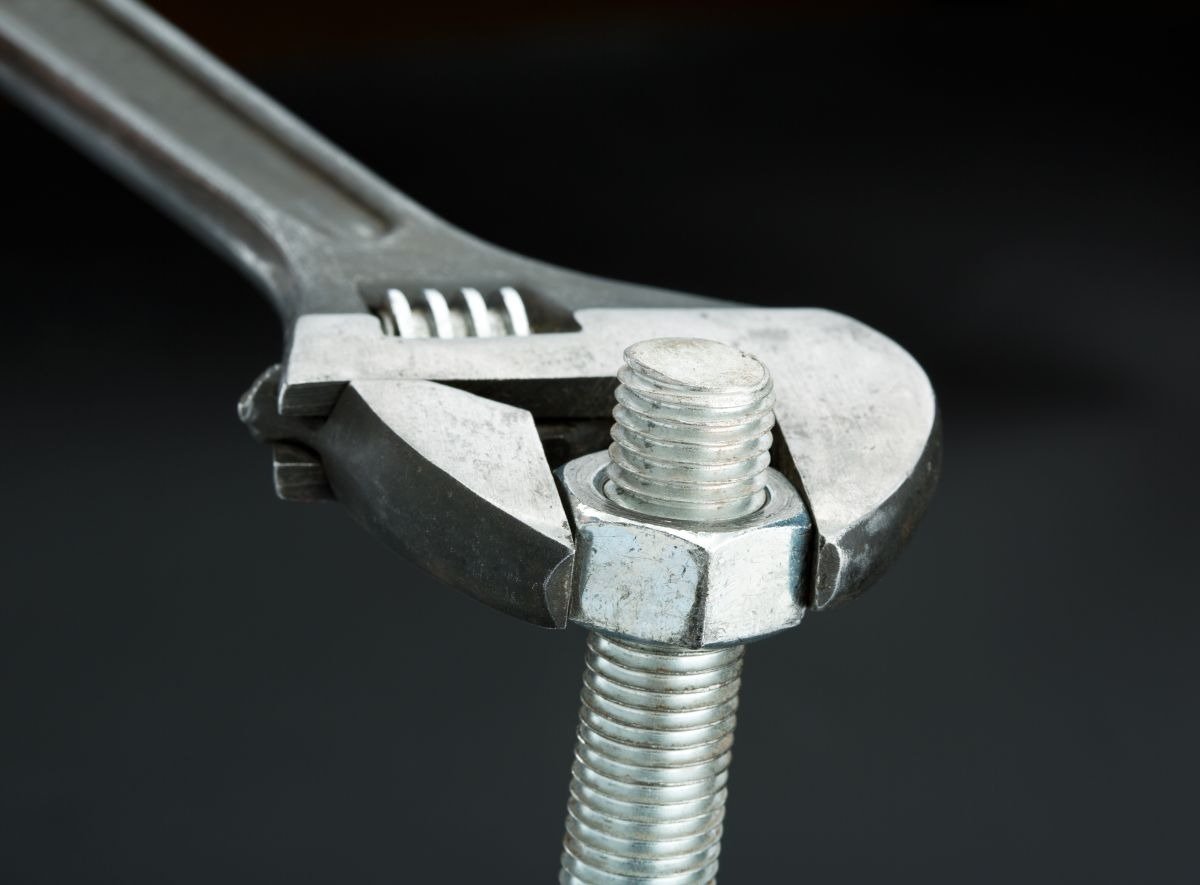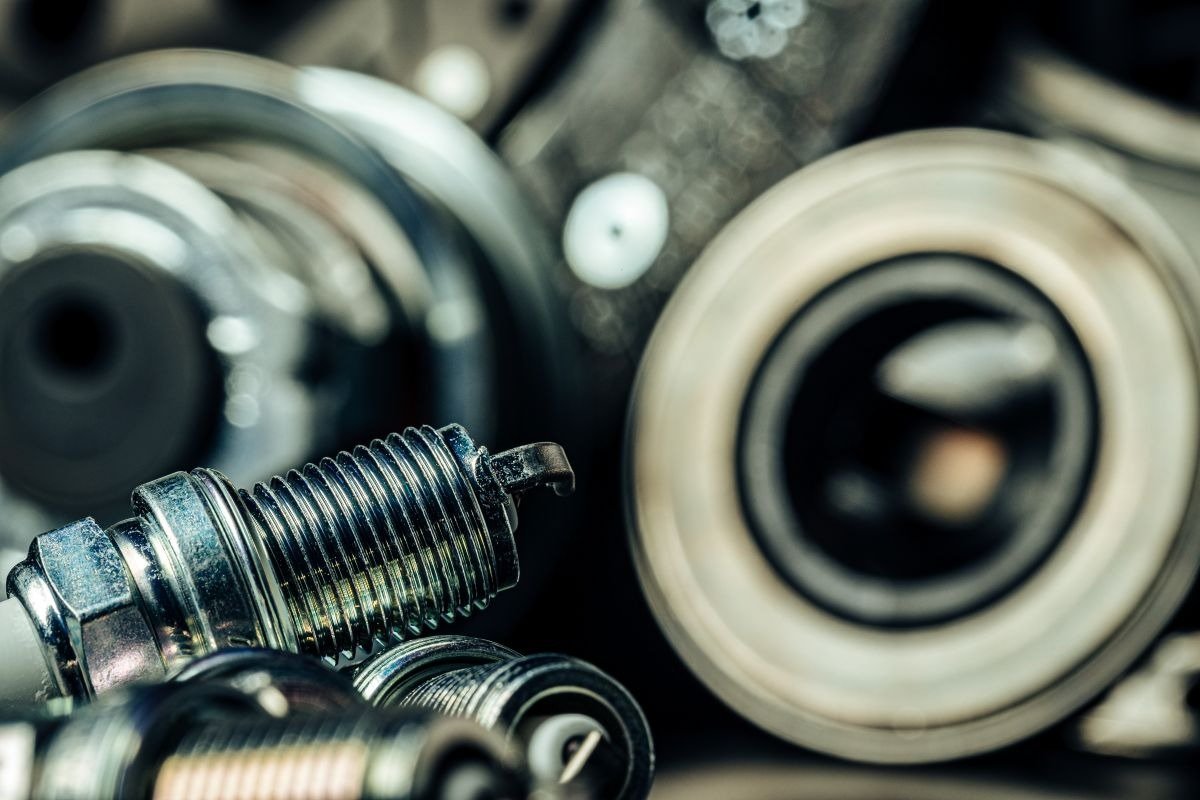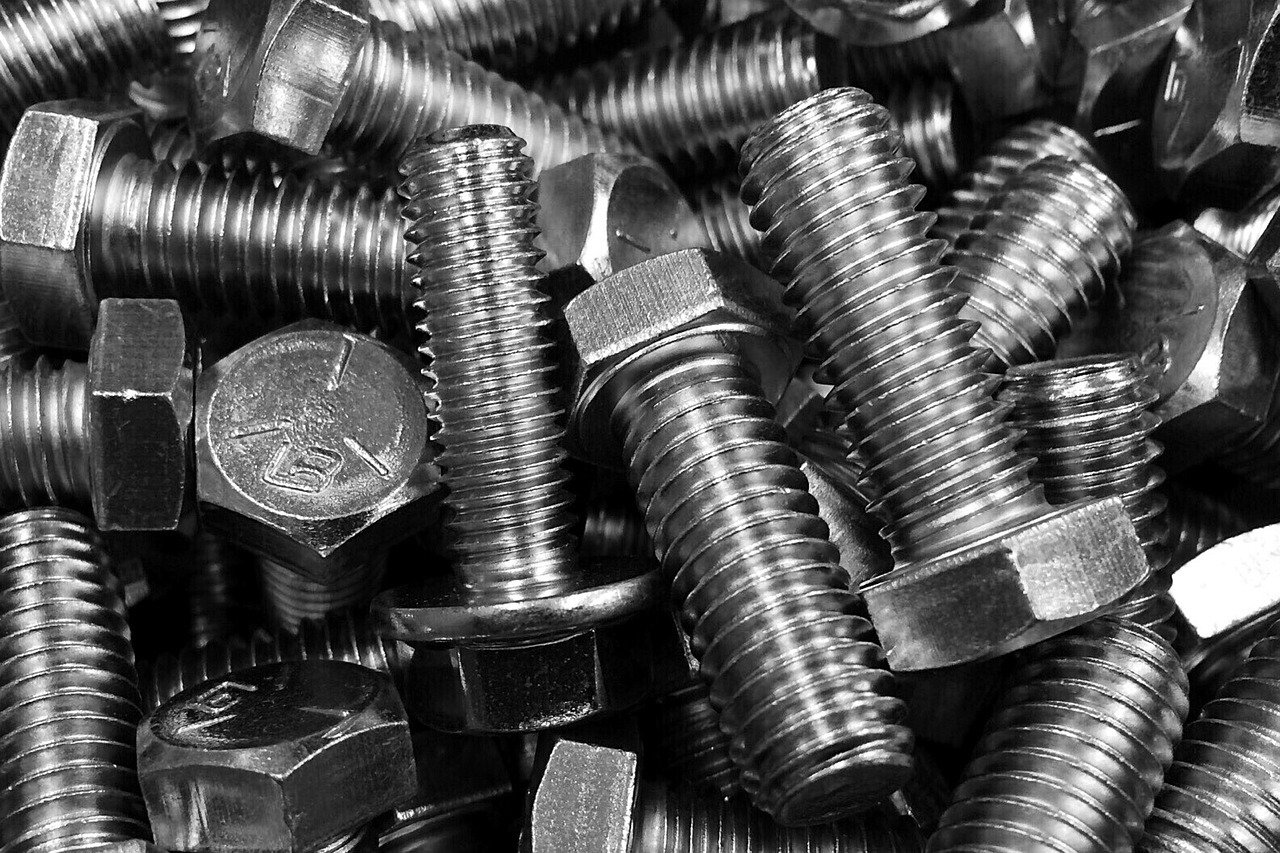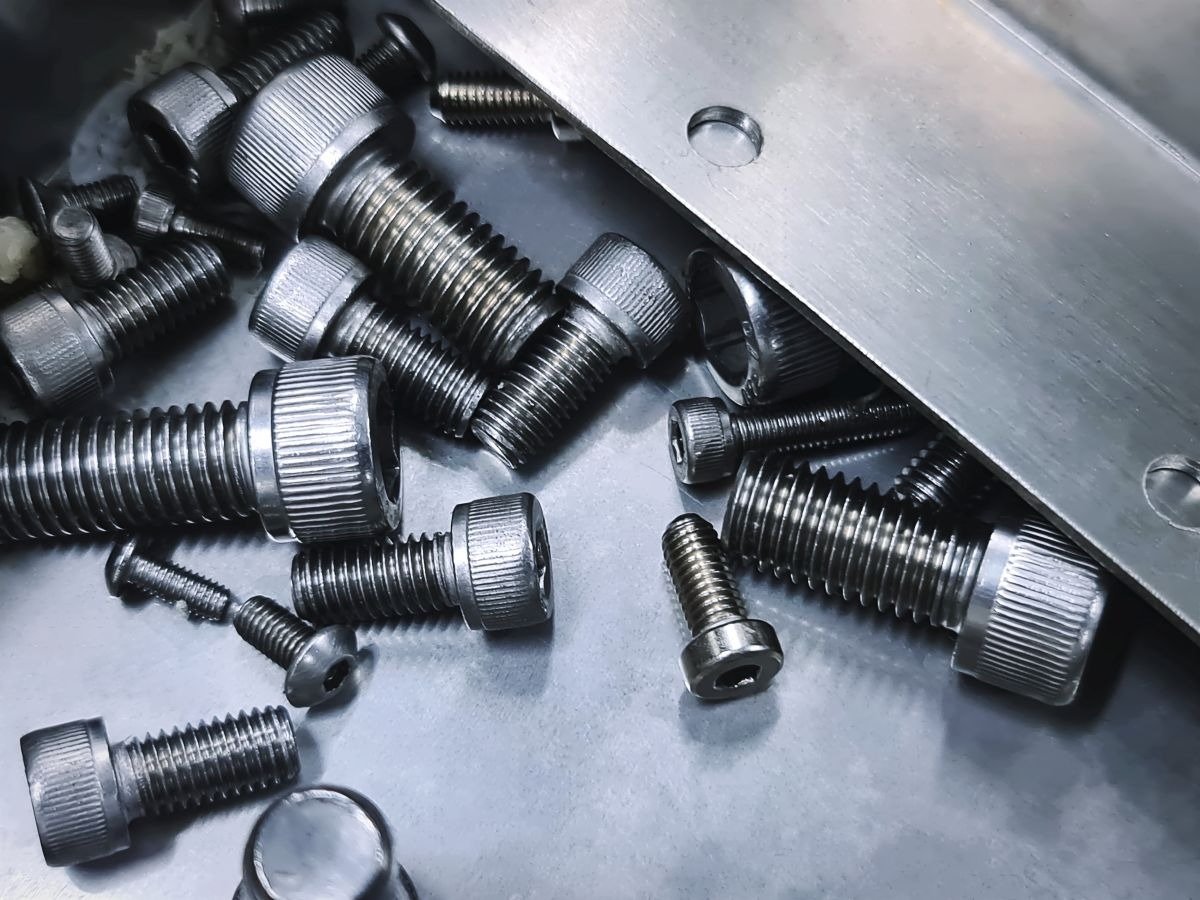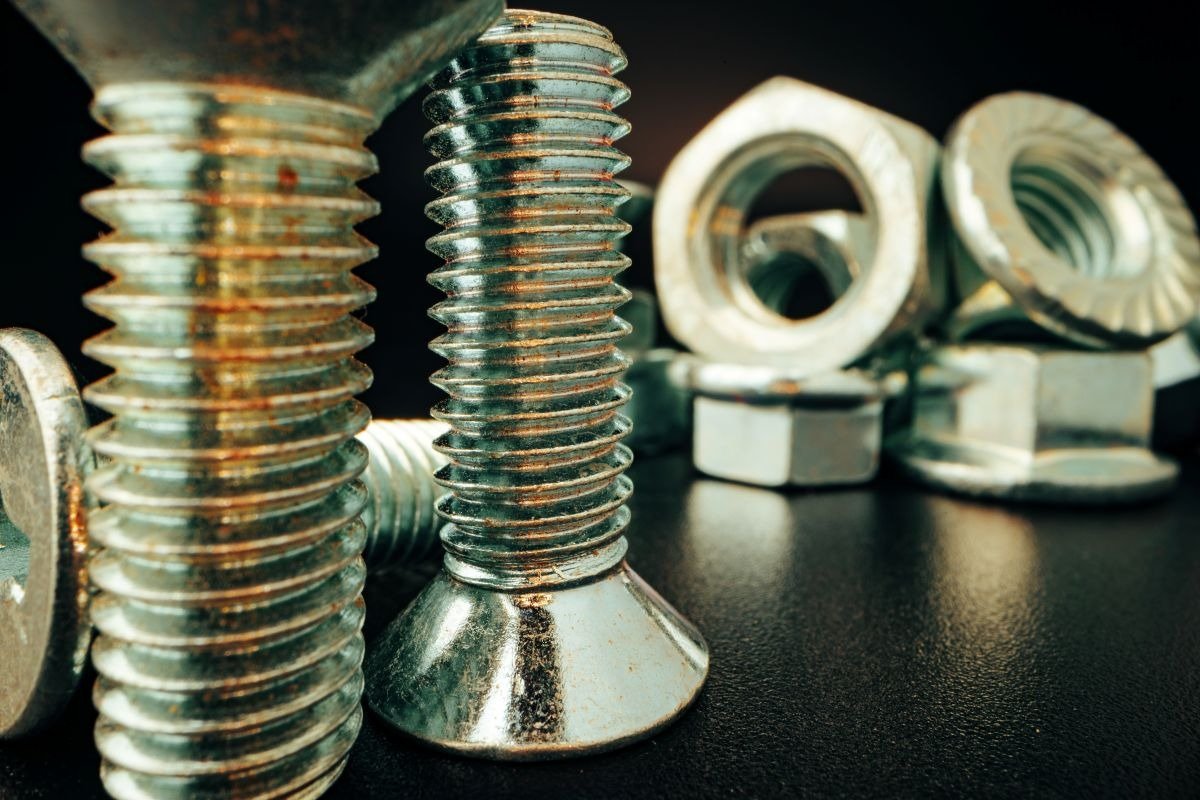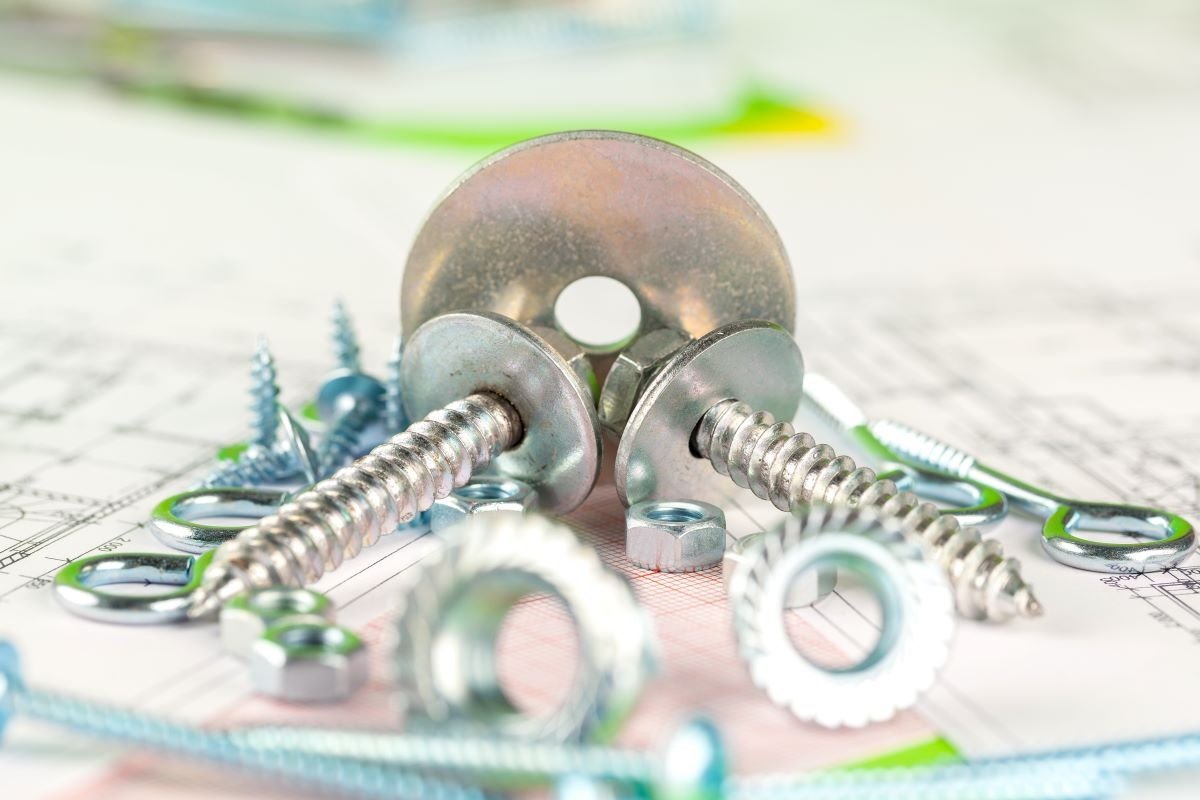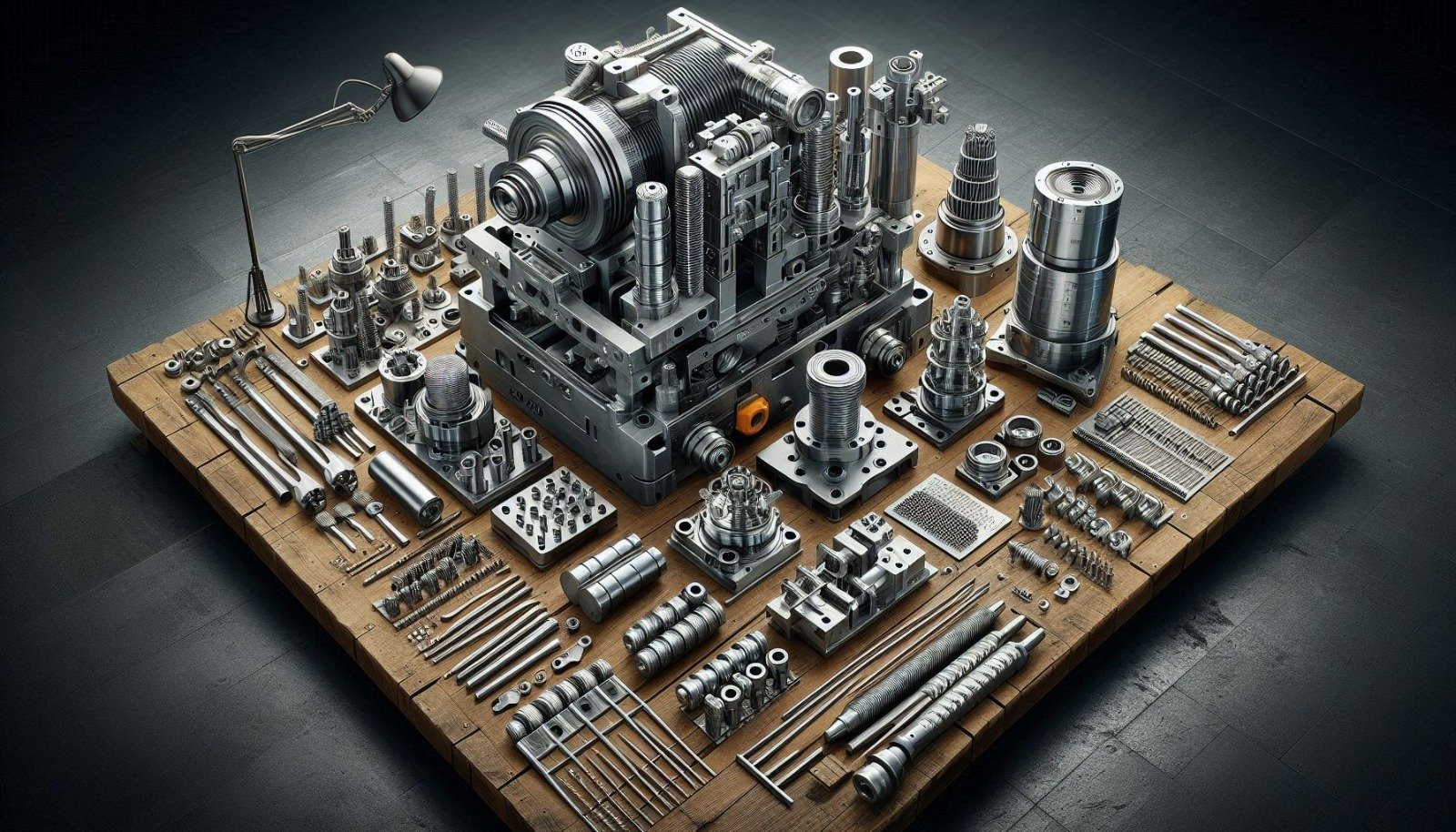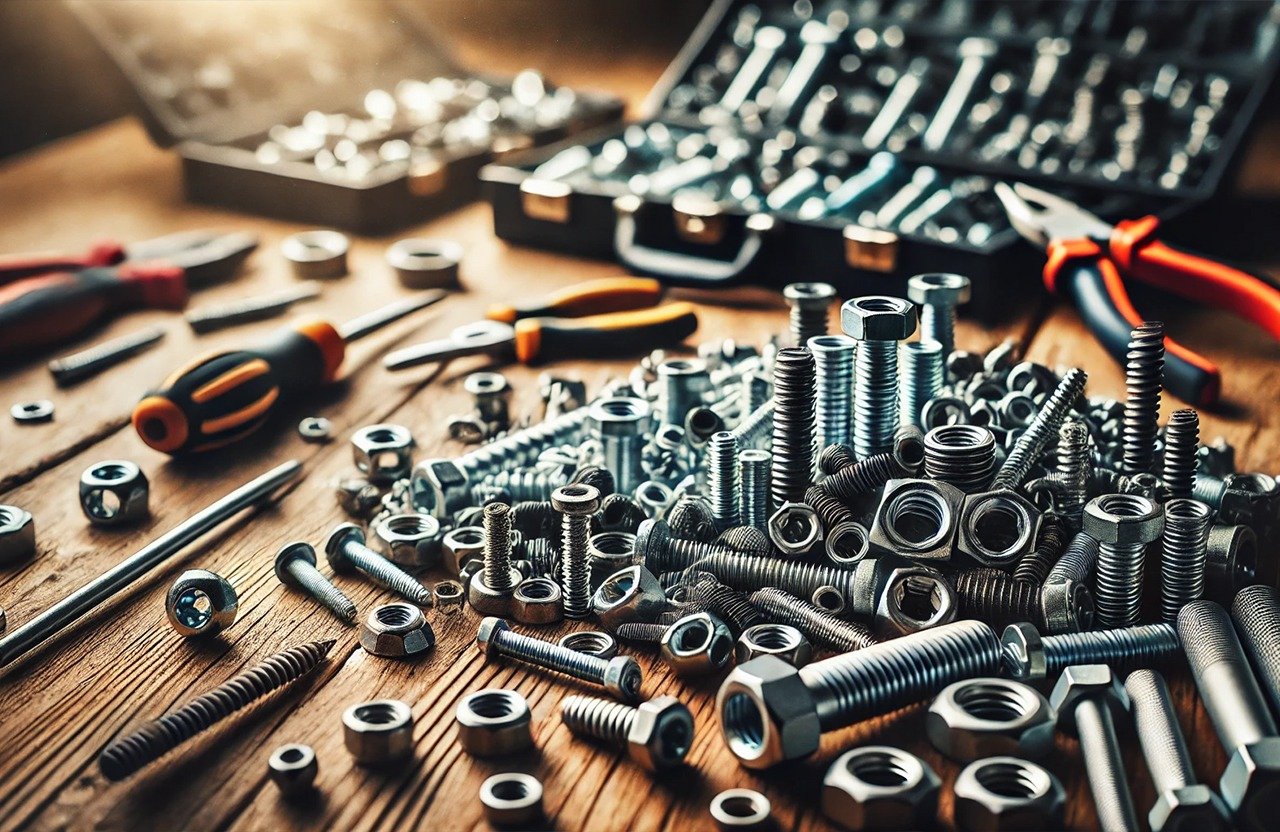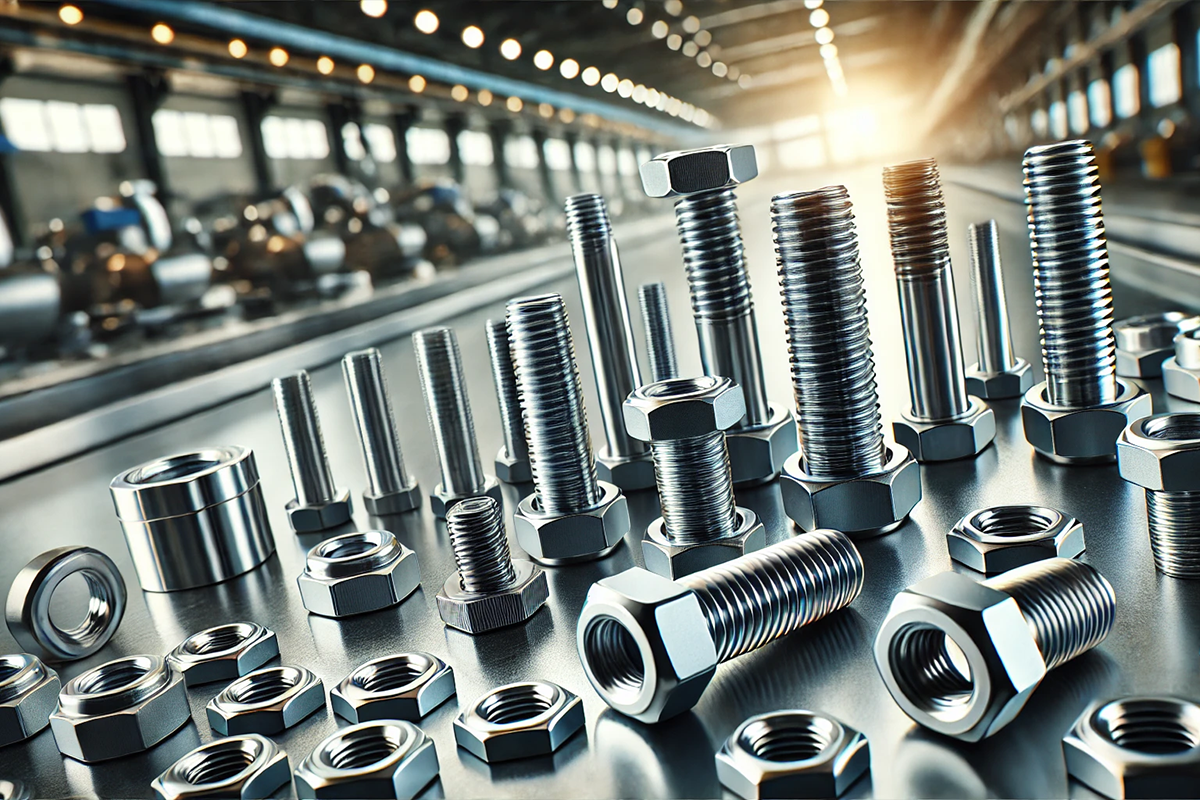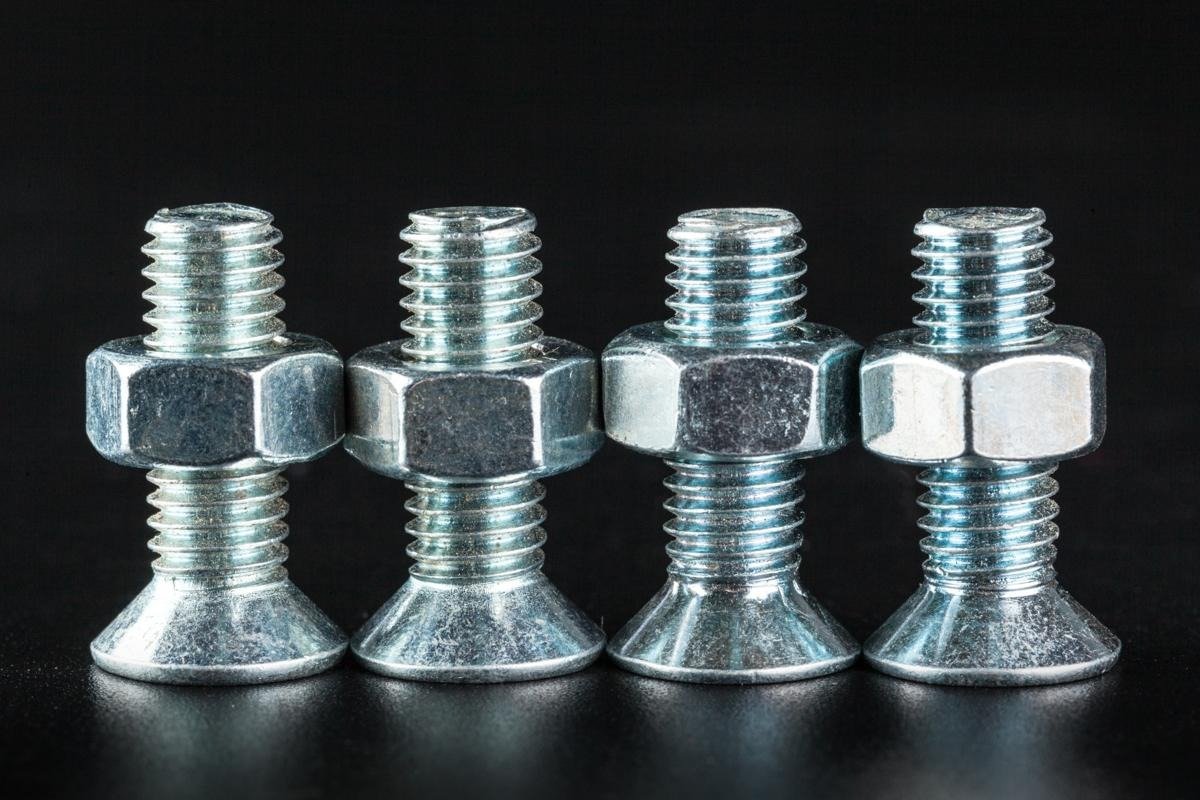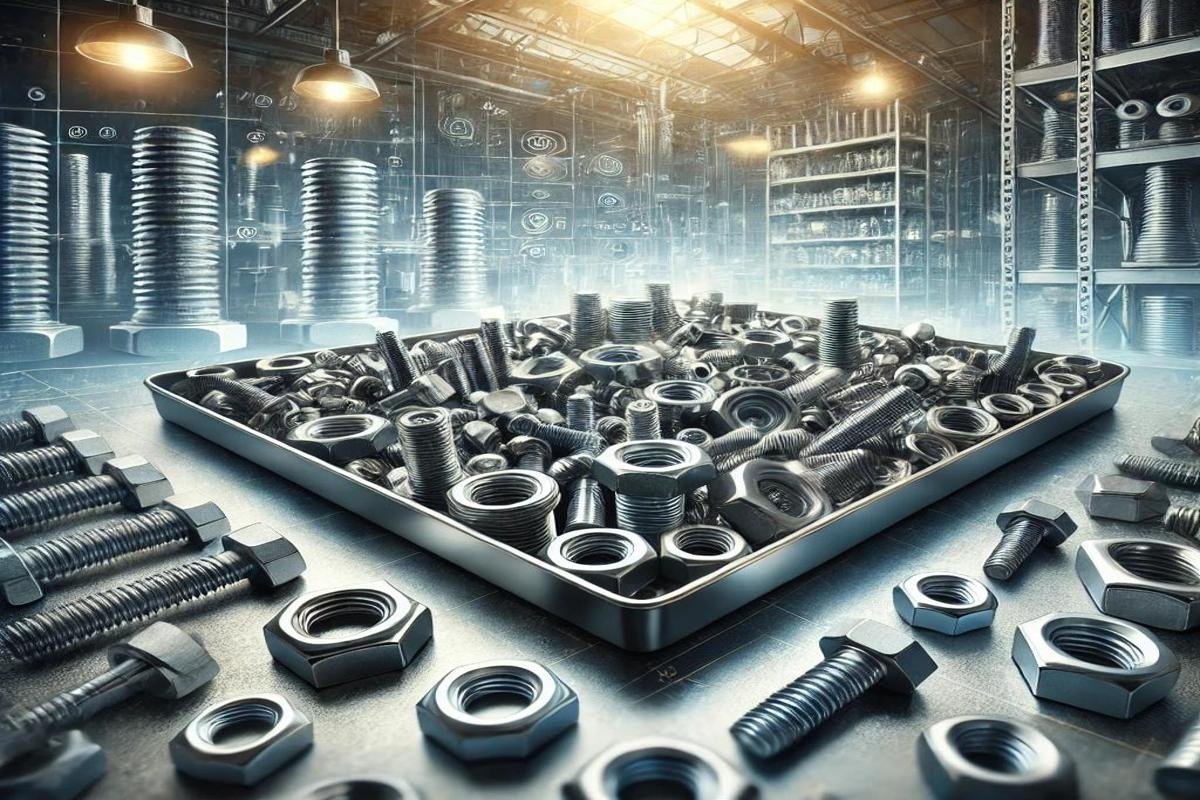Stainless Steel or Galvanized Bolt? Which Material Is More Suitable?
If you're aiming to build a durable structure or manufacture
a long-lasting machine, it's not just the main components that matter you must
also carefully select the fasteners that hold them together. Hardware like
bolts and screws are often overlooked, yet they directly impact the integrity
of the entire system. Especially in outdoor systems or high-humidity production
lines, the corrosion resistance of fasteners plays a critical role in ensuring
sustainable operations. One of the most common questions technical users face
is: Should you choose stainless steel or galvanized bolts? Is the
difference only in cost, or are there significant differences in performance
and longevity?
Why Is Material Selection for Fasteners Important?
In industrial production, construction, and mechanical
systems, fasteners not only keep components together but also play a decisive
role in the safety and lifespan of the system. That's why the question of
whether to choose stainless steel or galvanized bolts is essential for
technical procurement specialists, civil engineers, and production managers.
While they may appear similar, these two options can yield very different
results in the long run.
Technical Advantages of Stainless Steel Bolts
Stainless steel, thanks to its chromium and nickel
alloys, is naturally resistant to rust. It doesn't require coating—its strength
comes from within. This feature offers a significant advantage in outdoor
applications, high-humidity environments, or facilities exposed to chemical
vapors. Components like stainless screw and stainless screw nut
can operate for years in such conditions without the need for intervention.
No surface deformation, rust bubbling, or seizing occurs,
which means these fasteners can be removed and reused when necessary. In
long-term projects, maintenance processes, and high-risk connection points, stainless
steel bolts make a considerable difference.
What Do Galvanized Bolts Offer And What Don’t They?
Galvanized bolts are produced by applying a zinc coating to
carbon steel. This coating provides temporary corrosion protection. However,
its effect is superficial and limited. Once the coating is scratched or worn
over time, the underlying steel quickly oxidizes. For this reason, galvanized
products are typically used in indoor settings or systems with minimal
environmental exposure.
Their lifespan varies based on coating thickness,
application method, and humidity level in the environment. Periodic
maintenance, connection checks, and timely replacements are required—adding to
operational time and cost burdens.
Is the Lower Price of Galvanized Bolts Worth It in the Short Term?
At first glance, stainless bolt prices may seem
higher than those of galvanized products. However, the comparison shouldn't be
based solely on purchase price. When you factor in issues like unremovable
connections, system damage due to rust, early maintenance needs, or product
replacements, stainless steel products often have a lower total cost of
ownership.
While stainless screw nut sets can operate for
extended periods without maintenance, galvanized products have limited
durability and often require spare parts. This not only affects operational
continuity but also reduces production efficiency.
Which Bolt Should Be Used in Which Application?
For outdoor structures, components exposed to water or
chemicals, metal constructions with a high risk of rust, and hygienic
production lines in the food or medical industries, stainless steel
fasteners should be the first choice. In these areas, products like stainless
screw and stainless screw nut are critical for ensuring the system’s
long-term, safe operation.
Conversely, for low-cost and indoor applications, galvanized
bolts may be preferred in short-term solutions or systems that undergo frequent
maintenance. Even in such cases, environmental conditions must be carefully
evaluated before making a decision.
Which Fastener Should You Choose?
Every structure is like a chain and a chain is only as
strong as its weakest link. Fasteners like bolts are critical links in this
chain. Stainless steel, with its technical advantages and long-term cost
efficiency, offers a smart investment across many sectors. Its superior
resistance to corrosion, ease of maintenance, and durability safeguard the
systems at the heart of production.
Although stainless bolt prices might seem like a
budget strain at first, their long service life and reliable performance more
than make up for the initial cost. The correct material choice should be made
by carefully analyzing technical requirements and environmental conditions—ensuring
not just today’s, but also tomorrow’s safety and performance.


